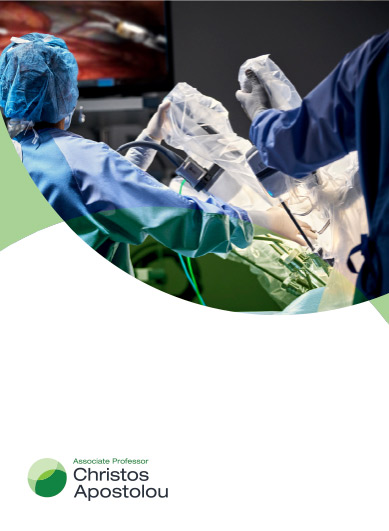Summary
Also known as weight loss or metabolic surgery, bariatric surgery is a proven treatment approach for the management of excess weight, obesity and diabetes.
The goal is for patients to lose most of their excess weight, treat associated illnesses such as diabetes or high blood pressure and experience a healthier and improved lifestyle. Bariatric surgery includes a variety of different surgical procedures, generally performed laparoscopically (key-hole surgery) which all work in slightly different ways to help improve and enhance weight loss. Bariatric procedures can generally be categorised as “restrictive”, “malabsorptive” or a combination of both.




